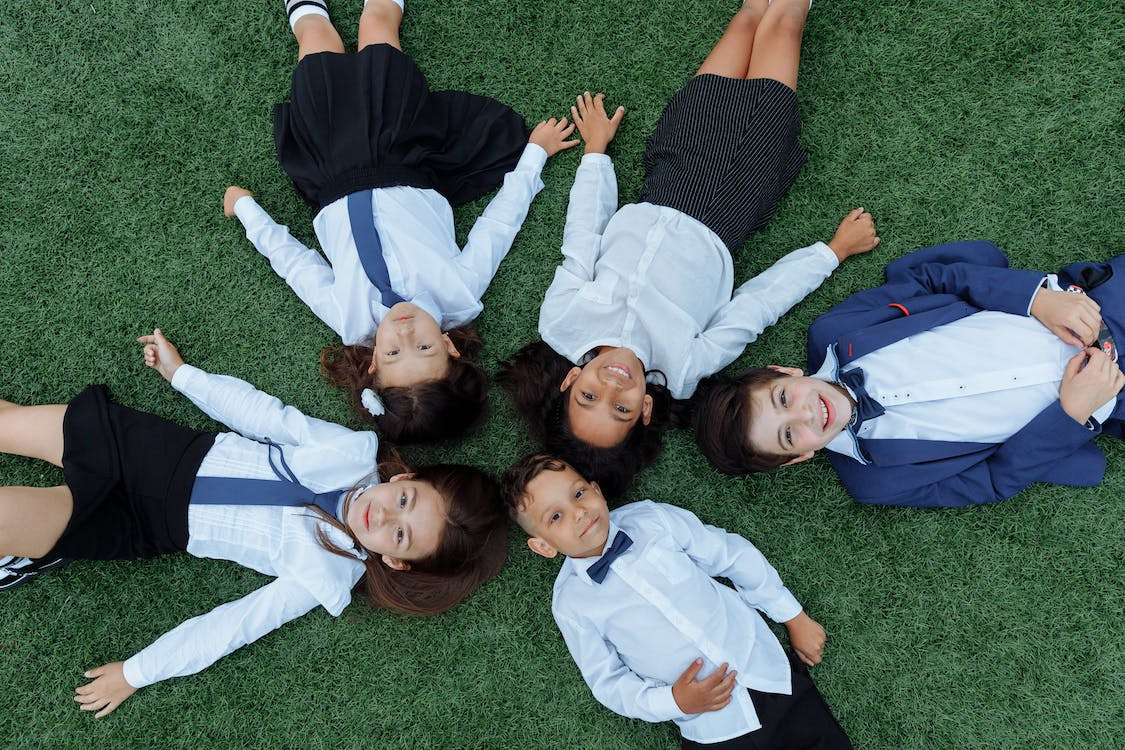It is needless to say that we all want what is best for our children. Consequently, we want them to develop skills that will enable them not only to survive but thrive in today’s society. While each child has different needs, as well as a set of skills, there are six essential skills that every child needs to develop. In this article, we will discuss those six skills and how you can help your child to develop them.
6 skills every child needs – and how to develop them
Children are not born with all the skills they need to survive and thrive in society. They need to develop certain skills in order to be successful. Every child will have different needs, but the world requires certain skills from each of us. Whether you are looking for the ISEB Pretest Practice Test to help your child develop skills, or you prefer another method, it is crucial that you prepare your child for the future. Of course, this does not mean that you should put pressure on your child or force them into a particular activity. However, it is important to encourage them to develop the skills they will need in order to be successful.
1. Communication skills
Logically, communication will play a vital role in the vast majority of children’s lives. In order to succeed, children need to be able to communicate effectively. This means being able to listen as well as speak. Listening is a skill that is, firstly, quite overlooked; and secondly, can come quite useful in all stages of life. It is just as important as speaking, if not more so. Without the ability to listen, children will struggle to communicate effectively. Communication is a two-way process, and children need to be able to understand and be understood.
There are many ways to develop communication skills in children. One way is to encourage them to express themselves through art, music, or writing. It is also important to provide opportunities for them to practice their communication skills. This can be done through conversation, role-playing, or debate. On the other hand, listening skills can be developed through activities such as storytelling, active listening, and puppetry.
2. Relationship skills
Relationships are a central part of our lives. We all need to be able to develop and maintain healthy relationships. This is especially true for children, who will need to form positive relationships with their peers, teachers, and family members. Strong relationships are essential for both the mental and physical health of your children. When it comes to future relationships, children need to learn how to resolve conflicts. This is a key skill that will stand them in good stead throughout their lives.
There are many ways to help children develop strong relationship skills. One way is to provide opportunities for them to interact with other children. This can be done through play, sports, or clubs. another way to help children develop strong relationships is to teach them how to resolve conflict. This can be done through role-playing or discussion.
3. Self-regulation skills
Self-regulation is the ability to control one’s emotions, thoughts, and behaviors. It is a key skill that children need to develop in order to be successful. Self-regulation requires children to be able to understand and manage their emotions. They must also be able to resist impulsive behaviors. Self-regulation also includes the ability to pay attention and focus on tasks.
You can help children develop self-regulation skills by teaching them how to identify and cope with their emotions. This can be done through discussion, role-playing, or journaling. It is also important to provide opportunities for children to practice self-regulation. This can be done through activities such as yoga, meditation, or breathing exercises.
4. Coping and adaptability skills
It is normal for children to feel anxious or stressed at times. However, it is important for children to be able to cope with these feelings in a healthy way. This is where coping and adaptability skills come in. Coping skills are the strategies that children use to deal with difficult emotions or situations. Adaptability skills refer to the ability to change or adjust in response to a new situation.
There are many ways to help children develop coping and adaptability skills. One way is to teach them healthy coping mechanisms. This can be done through discussion, role-playing, or journaling. It is also important to provide opportunities for children to practice these skills. This can be done through activities such as problem-solving, brainstorming, or simulations.

5. Learning and thinking skills
Learning and thinking skills are essential for success in school and in life. These skills include critical thinking, problem-solving, and creative thinking. They help children understand and process information. They also allow children to find new solutions to problems. When it comes to learning and thinking skills, children need to be able to think both creatively and critically.
You can help children develop learning and thinking skills by teaching them how to question, think creatively, and solve problems. This can be done through discussion, role-playing, or simulations. It is also important to provide opportunities for children to practice these skills. This can be done through activities such as puzzles, games, and brain teasers.
6. Pro-social or altruistic behavior
Pro-social or altruistic behavior refers to actions that are intended to help others. This can include things like sharing, cooperating, and helping. Altruistic behavior is often motivated by a desire to make the world a better place. Altruistic behavior is very important because it helps children develop empathy and compassion. More importantly, it helps children see the value in helping others.
You can help children develop pro-social or altruistic behaviors by teaching them about empathy and compassion. This can be done through discussion, role-playing, or stories. It is also important to provide opportunities for children to practice these behaviors. This can be done through activities such as service projects, volunteering, or donation drives.
There are six essential skills that every child needs to develop in order to be successful. These skills are relationships, self-regulation, coping and adaptability, learning and thinking, and pro-social or altruistic behavior. You can help children develop these skills by teaching them about empathy and compassion. It is also important to provide opportunities for children to practice these skills.

